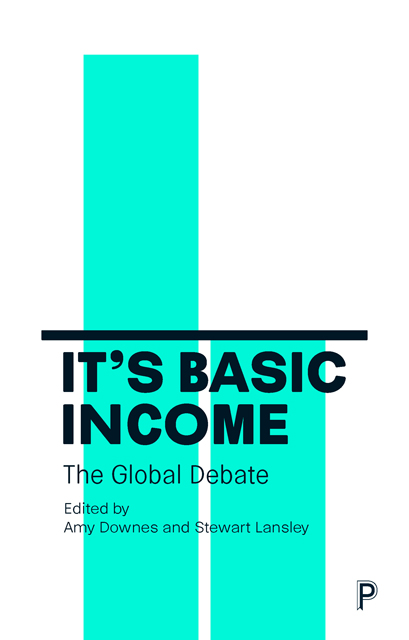31 - An earthquake in Finland
Published online by Cambridge University Press: 11 April 2023
Summary
‘The political legacy of the Finnish experiment, as a symbolic herald of future reforms, may outlive its narrow scientific usefulness.’
The Finnish experiment of 2017–18 is a crucial test case. It provides one of the most robust experimental tests of a universal basic income (UBI) in the context of an advanced industrialised society. And it is a real milestone, since it represents a non-utopian approach to UBI that can be palatable to middle class voters. But its partial success is also a partial failure. Although it is too early to render judgement, the Finnish case shows that there are many obstacles for the successful implementation of theoretical models. Experiments often fall short of the ideal experimental conditions. This speaks against taking too optimistic a view on the next step.
There is a widespread consensus in Finland that the welfare state, and its benefit structure, should be organised according to ‘labourist’ principles. In practice, this means that working age people who are not incapacitated by a medical condition should be heavily incentivised to work – whether directly compelled or indirectly nudged – in exchange for being eligible for benefits. This explains why the Finnish experiment has been framed, almost exclusively, in terms of work incentives. However, it is good to keep in mind that the UBI model used in the experiment, if given to all citizens, would be an improvement over the current Finnish benefit system, since it comes surprisingly close to satisfying the orthodox conditions of a UBI scheme: it is given automatically and without means testing; it provides a predictable long-term safety net; and it is not withheld or deducted from people who take up part-time or full-time work.
How to generate an earthquake
There has been a long sequence of public debate on UBI in Finland since the 1980s. The idea has been a surprisingly persistent thorn in the side of the establishment. In fact, the only reason that the government is experimenting is because of long-term pressure from civil society. The legitimacy of UBI had been slowly established through bursts of support from all sides of the ideological spectrum. Discussed over many years, the vast majority of the population had heard of UBI and it does not seem utopian to them. In fact, popular support for UBI in Finland has been apparent for a long time.
- Type
- Chapter
- Information
- It's Basic IncomeThe Global Debate, pp. 165 - 170Publisher: Bristol University PressPrint publication year: 2018



